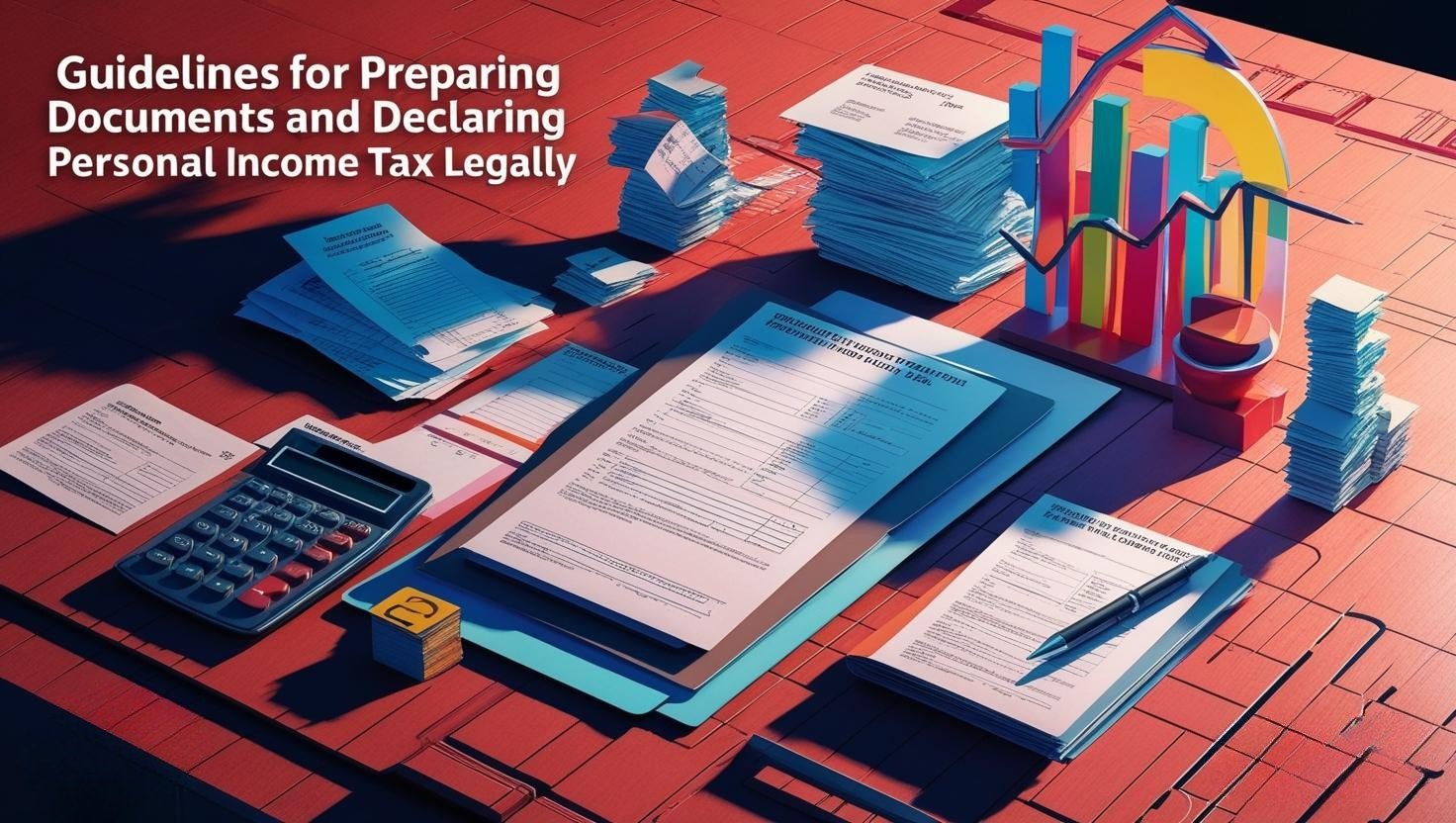Technology transfer in Vietnam is regulated by the following:
i) Law on Technology Transfer (“LTT”) which took effect on 1st July 2007;
ii) Decree 133/2008/ND-CP of the Government dated 31 December 2008 guiding the implementation of LTT (“Decree 133”).
The LTT has seven chapters with 61 articles, dealing with objects eligible for transfer; technologies encouraged for, restricted to, and prohibited from transfer; technology transfer agreements; technology transfer services (including
technology transfer brokerage, appraisal, evaluation, assessment and promotion); measures for encouraging and boosting technology transfers; approval and registration of technology transfers; and handling disputes, claims, denouncements and breaches in technology transfers.
General Principles
The LTT defines technology as solutions, processes and know-how, which may or may not be associated with tools and means, to turn resources into products.
Technologies are classified under the LTT into technologies encouraged for transfer, technologies the transfer of which are restricted, and technologies prohibited from transfer. Decree 133 provides a list of technologies encouraged, restricted, and prohibited, for transfer.
The term “transfer of technology” refers to either the transfer of the right to own the technology or the licensing/sublicensing of the right to use the technology either by an individual or a corporation.
In cases where objects of the technology transfer have already been protected as objects of industrial property, the transfer of ownership of such technology must be implemented together with transfer of ownership of the industrial property rights in accordance with the law on intellectual property. The actual transfer of such industrial property rights is subject to intellectual property regulations and falls outside the ambit of the technology transfer regulations.
The transfer of a technology may be in the form of an independent technology transfer contract or in a section on technology transfer in the following projects or contracts: investment project; franchising contract; contract transferring industrial property rights; contract for purchase and sale of machinery or equipment to which the transfer of a technology is attached.
Technology Transfer Contract
The contract is the basis for performance, ensuring the legality of the transfer of technology, and setting payments and methods to resolve disputes. Technology Transfer Contracts (TTCs) can be agreed in a written contract or other equivalent forms, such as telegram, telex, fax, data messages and other forms as permitted by law. The parties are also allowed to choose the language of the TTC. In the case of a transaction in Vietnam, a Vietnamese version is required. The Vietnamese and foreign language versions are of equal validity.
The parties to a TTC may reach an agreement on the following particulars:
i) Name of the TTC, clearly stating the name of the transferred technology;
ii) The technology object which is being transferred and the products created from the technology;
iii) Transfer of the ownership of and/or right to use the technology;
iv) Method of transfer of the technology;
vi) Rights and obligations of the parties; vii)Price and mode of payment;
vii) Date of effectiveness and term of validity of the TTC;
viii) Definition of terms and concepts (if any) used in the TTC;
ix) Plan and schedule for transfer of technology, and location for implementing the transfer of technology;
x) Liability to provide a warrant for the transferred technology; xi) Penalties for breach of the TTC;
xii) Liability for breach of the TTC;
xiii) Applicable law for dispute resolution; xiv)Tribunal for dispute resolution;
xv) Other agreements, on the condition that they are not contrary to the laws of Vietnam.
Governing Law
The parties are allowed to agree on foreign governing law, together with other terms and conditions which are not contrary to Vietnamese law.
Article 776 of the Civil Code 2005 provides that technology transfer with a foreign element (i.e., between a Vietnamese entity and foreign entity and technology transfer from any foreign country into Vietnam or from Vietnam to any foreign country) must comply with (i) provisions of the Civil Code 2005 and other legal documents of Vietnam concerning technology transfers; (ii) international treaties to which Vietnam is a contracting party; or (iii) foreign law, if the application of such foreign law or the consequence of its application does not contradict “the basic principles of the law of Vietnam”.
The LTT provides that any disputes arising out of TTCs with a foreign party can be settled by either local or international competent arbitrator or courts which the parties specifically chose to the extent that the foreign jurisdiction choice does not contradict “the basic principles of the law of Vietnam”.
Registration
The LTT provides the right of the parties to register on a voluntary basis with respect to “unrestricted” TTCs in order to set the ground for the parties to enjoy incentives given in this Law and other relevant laws”. It is therefore suggested that parties register TTCs in order to enjoy incentives under the LTT and other laws.
The LTT requires that “restricted” technology transfers are subject to approval by the technology management authority (the “Technology Authority”) before the TTC is entered into by the parties, and then a permit is issued after the TTC’s execution.
Pricing
Parties are free to agree on the payment price for the technology transfer in the TTC. Payment may be made in one or a combination of the following methods:
i) A one-off payment or payments in installments in cash or goods;
ii) Transfer of the value of the technology as a capital contribution to an investment project or to the capital of an enterprise as stipulated by law;
iii) Other payment methods as agreed by the parties.
Confidentiality
Competent authorities responsible for the issuance of technology transfer permits and certificates of registration of TTCs are obligated to maintain confidentiality of the technologies and usiness secrets in application files for issuance of technology transfer permits and registration of technology transfer contracts.









